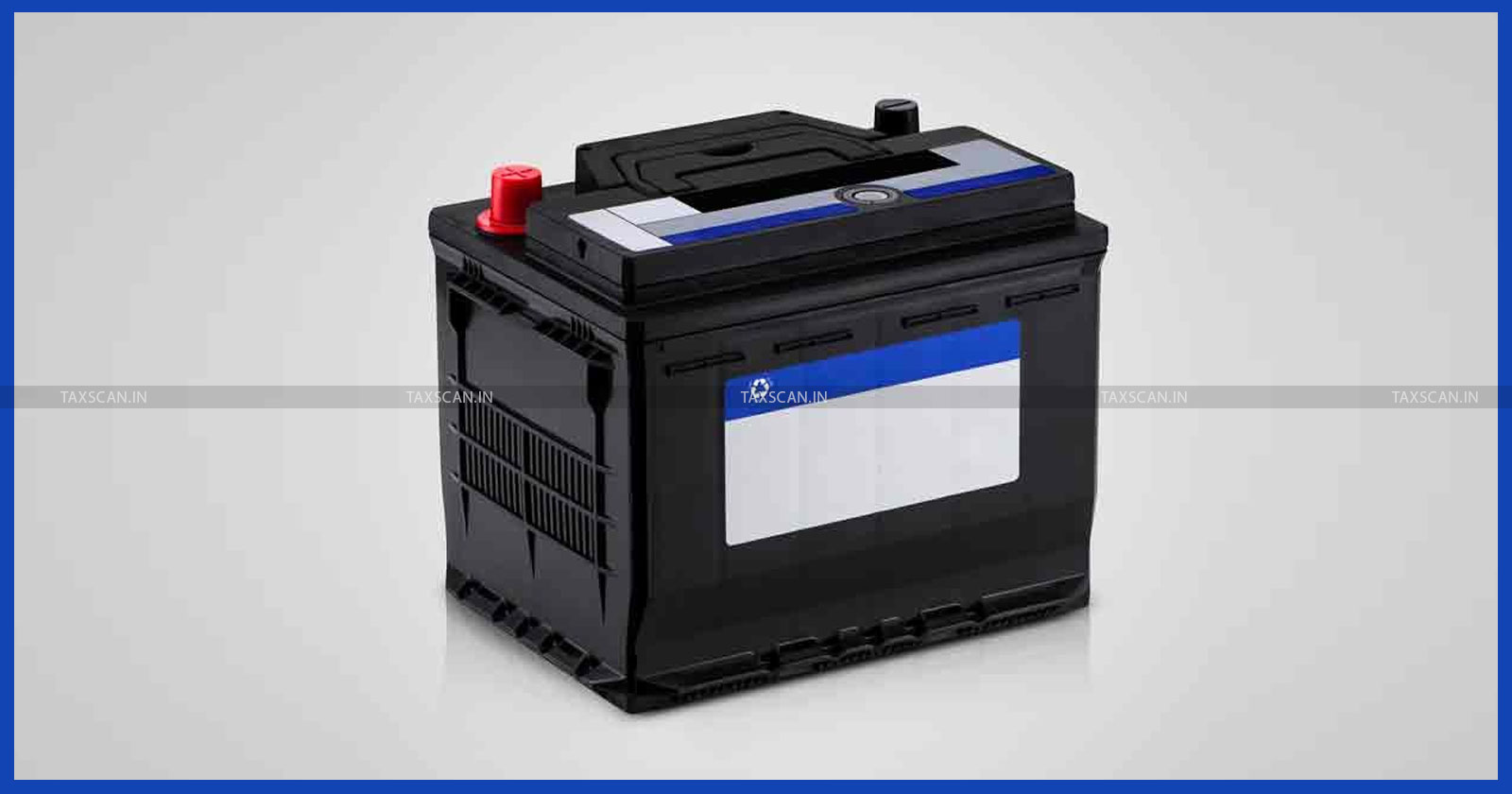Credit Availed Beyond One Year from Date of Invoice Inadmissible Under Rule 4(1) of Cenvat Credit Rules: CESTAT [Read Order]
CESTAT held that Cenvat credit availed beyond one year from the date of invoice is inadmissible under Rule 4(1) of the Cenvat Credit Rules, 2004.
![Credit Availed Beyond One Year from Date of Invoice Inadmissible Under Rule 4(1) of Cenvat Credit Rules: CESTAT [Read Order] Credit Availed Beyond One Year from Date of Invoice Inadmissible Under Rule 4(1) of Cenvat Credit Rules: CESTAT [Read Order]](https://images.taxscan.in/h-upload/2025/10/03/2093415-cenvat-credit-taxscan.webp)
The Allahabad Bench of the Customs, Excise, and Service Tax Appellate Tribunal (CESTAT) ruled that Cenvat credit availed beyond one year from the date of the invoice is inadmissible under Rule 4(1) of the Cenvat Credit Rules, 2004.
V.B. Digital Distribution Cable Network, the appellant, was registered under the Finance Act, 1994 and engaged in providing cable operator services.
Based on data received from the Income Tax Department, the department initiated scrutiny for the financial years 2014-15 to 2017-18 and found that the appellant had received substantial amounts towards taxable services but had not discharged service tax liability.
The department issued a show cause notice demanding service tax along with interest and penalty.
 Also Read:Old Lead Acid Batteries Recovered from Ship Breaking Not Excisable: CESTAT Holds Removal Does Not Amount to Manufacture [Read Order]
Also Read:Old Lead Acid Batteries Recovered from Ship Breaking Not Excisable: CESTAT Holds Removal Does Not Amount to Manufacture [Read Order]
The adjudicating authority confirmed part of the demand and allowed certain Cenvat credit based on invoices submitted during adjudication. On appeal, the Commissioner (Appeals) disallowed credit amounting to ₹14,26,103 on the ground that it had been availed beyond the permissible time limit under Rule 4(1) of the Cenvat Credit Rules, 2004. Aggrieved, the appellant approached the tribunal.
The appellant’s counsel argued that the Cenvat credit was rightly allowed by the adjudicating authority since all invoices were duty-paid and related to input services used for providing taxable output services.
They further argued that merely because the appellant had filed NIL ST-3 returns for certain periods, it could not be denied legitimate credit when the underlying services were eligible and properly documented.
The revenue counsel supported the order of the Commissioner (Appeals) and argued that the law prescribes a strict time limit for availing Cenvat credit six months, later extended to one year, from the date of the invoice. Credit taken beyond this period is barred by limitation, regardless of the genuineness of the invoices.
 Also Read:Old and Used Lead Acid Batteries Recovered from Ship Breaking Classifiable Under Heading 8507, Not as Lead Waste and Scrap: CESTAT [Read Order]
Also Read:Old and Used Lead Acid Batteries Recovered from Ship Breaking Classifiable Under Heading 8507, Not as Lead Waste and Scrap: CESTAT [Read Order]
The single-member bench comprising Sanjiv Srivastava (Technical Member) observed that Rule 4(1) of the Cenvat Credit Rules, 2004 clearly restricts the availment of credit to within six months or one year from the date of the invoice.
The tribunal explained that the limitation period is mandatory and does not admit any exception. It pointed out that the benefit of Cenvat credit cannot be extended merely because the invoices are genuine or the services are used for taxable output; the statutory condition of time-bound availment must be satisfied.
The tribunal observed that the authorities had rightly disallowed the credit taken beyond the prescribed period and upheld the Commissioner (Appeals)’s decision. It also declined to entertain the appellant’s argument regarding the limitation of the review order as no evidence of delayed communication was produced.
The tribunal dismissed the appeal and held that Cenvat credit availed beyond one year from the date of the invoice is inadmissible under Rule 4(1) of the Cenvat Credit Rules, 2004.
Support our journalism by subscribing to Taxscan premium. Follow us on Telegram for quick updates


